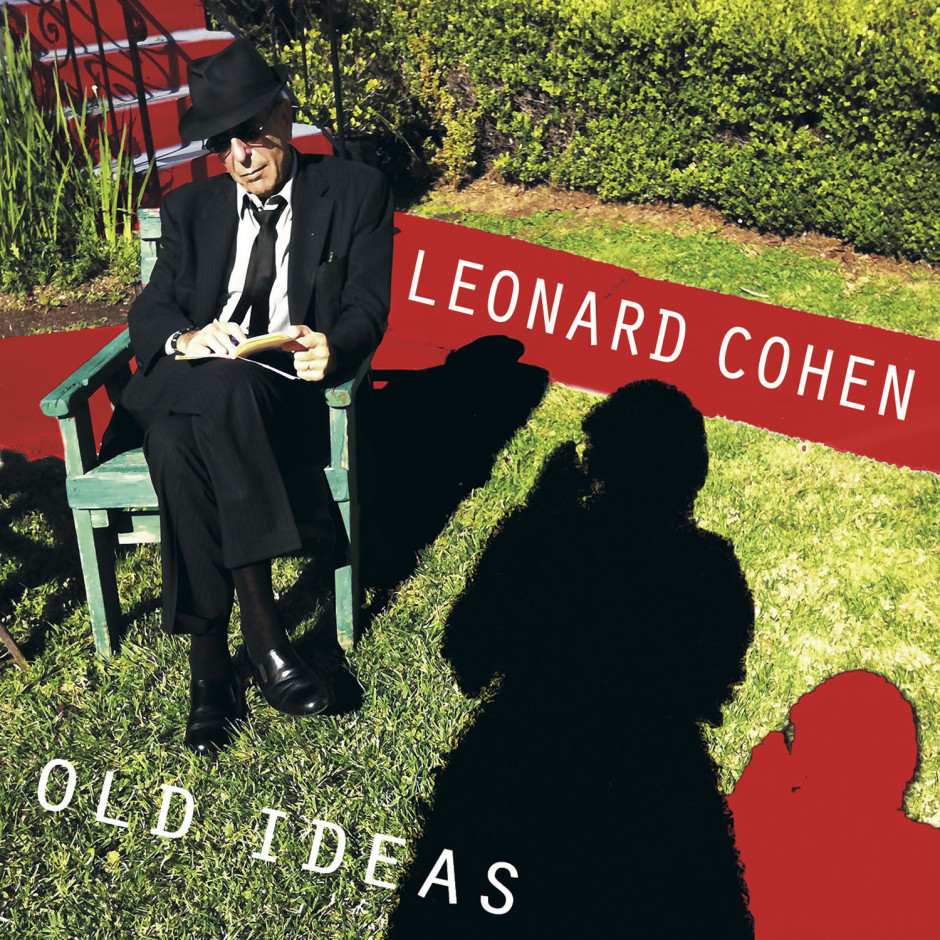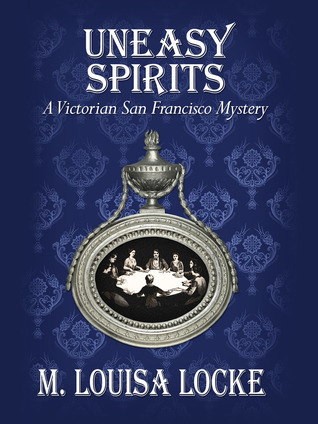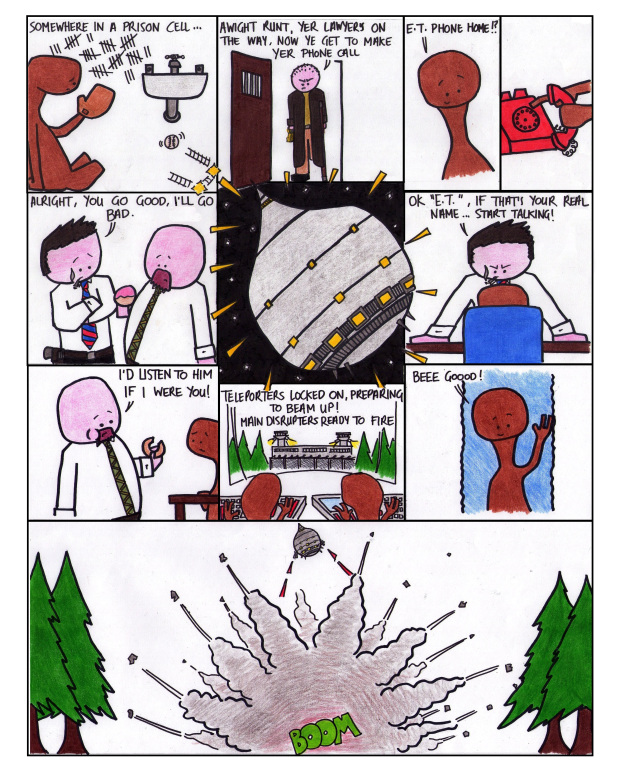
We lost a giant last November, but he left us a lifetime’s worth of song. Five years ago, on January 31, 2012, Leonard Cohen released Old Ideas, his first studio album in nearly eight years, but the beginning of a remarkably prolific period for the septuagenarian which would see him release three studio records within five years, along with a three-disc concert album (Live In Dublin) and an additional album of outtakes (Can’t Forget).
Old Ideas is an exceptional record, one that proved right out the gate that Mr. Cohen hadn’t lost any of his magic in over five decades of recording. His voice had deepened with age, becoming more resonant, darker, richer, a powerful baritone speaking as much as he sang throughout the album. As always, he is surrounded by top notch musicians and the stunning background vocals of Sharon Robinson and the Webb Sisters. The ten song set spanning just 41 minutes feels longer, in part because Leonard takes his time to say what needs saying, in part because the arrangements are slow and somber, and in part because it’s so easy to get lost in that voice and his words.
The track sequence on the album has always seemed a little off to me. It’s a minor quibble, but the opener, “Going Home” has the feel of a closing track and would have done well as such on this record. “I’d love to speak with Leonard / He’s a sportsman and a shepherd / He’s a lazy bastard living in a suit…” The self-deprecation is funny, especially in light of how much he accomplished in the next five years. This would have been especially fitting as the last song on the album because it opens and closes with the line in quotations and has the feel of the man’s final thought on the matter.
I’ve head friends mention to me that they learned of Leonard Cohen and became fans after hearing “Come Healing” from this record used in the final season of Sons Of Anarchy. It’s a gorgeous hymn to existentialism, using well-known religious symbolism to urge personal redemption and self-realization. (This is my take on it, of course. For a different, more in-depth view, check out Tablet’s dissection of the song.)
For me, the centerpiece of the album is “Darkness” which showcases the author’s grim sense of humor. It’s a midtempo blues’n’rock hybrid that, at its most literal, discusses the depression and ennui that can stem from choosing the wrong company. Viewed differently, he could be discussing the finality of days, his own mortality, the never ending sameness of life. The song could be viewed as an indictment of religion or as a resignation to fate.
Other standouts on the record include the heart-wrenching pleas in “Amen” and “Anyhow” and the album’s closer, “Different Sides” a bitter meditation on the aftermath of a failed relationship, “By virtue of suffering, I claim to have won / You claim to have never been heard…” Again, my take on the lyrics and the intent of the different songs. Your take may not be the same. For that matter, the author’s take on his own lyrics may not have been the same as mine. There’s a reason Leonard Cohen’s music has such timeless and universal appeal – so many of his songs can carry different import to different listeners. Such is the case with Old Ideas.
Share this:




